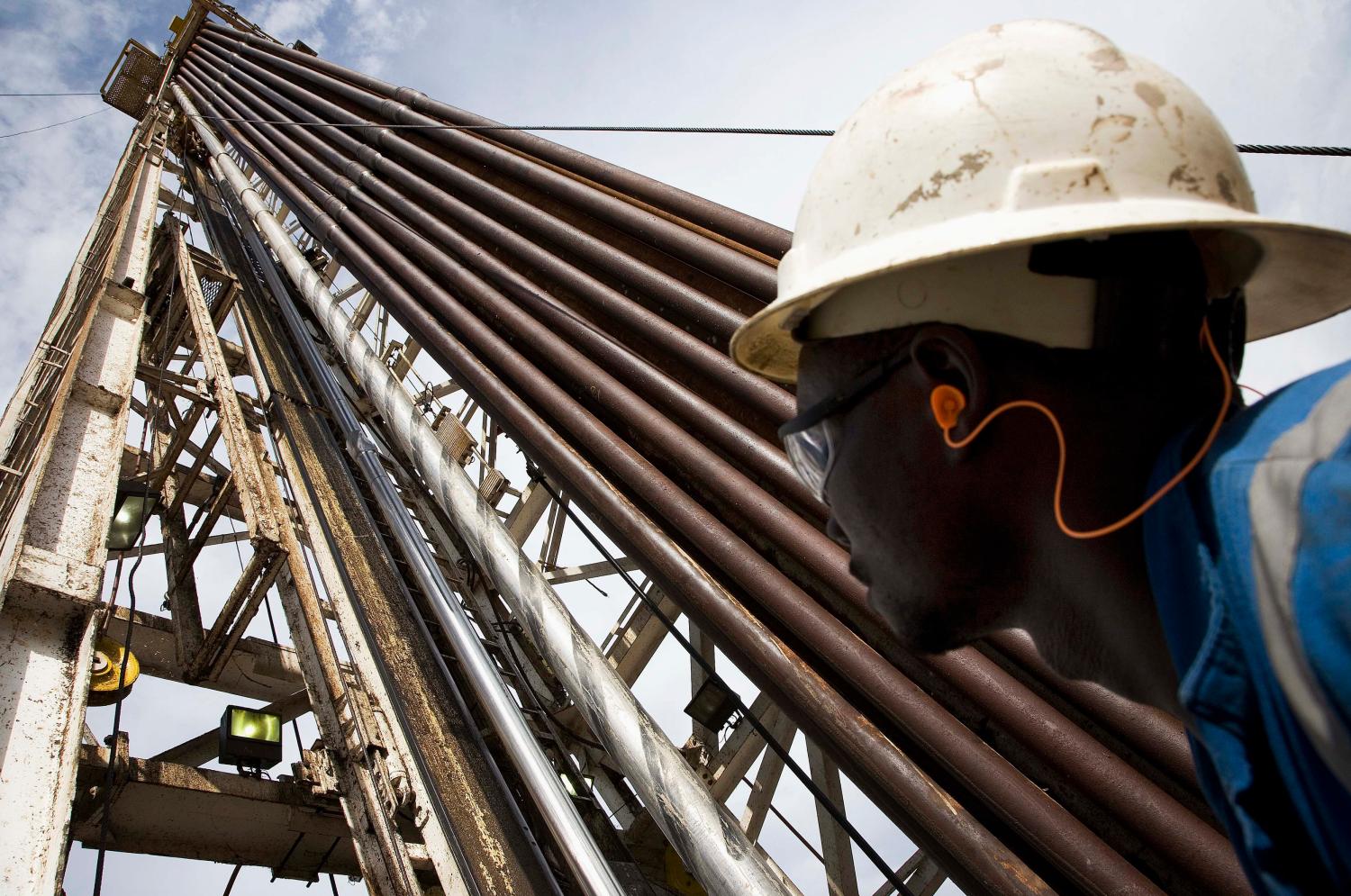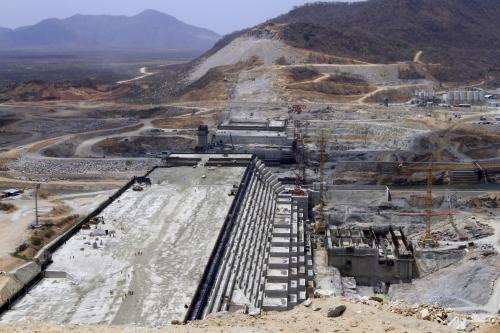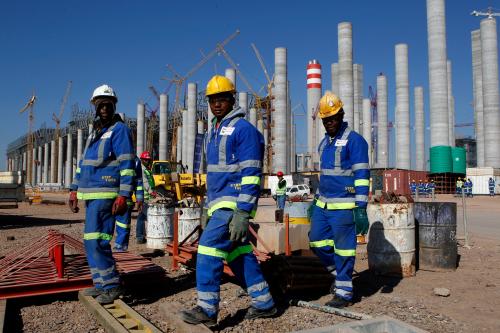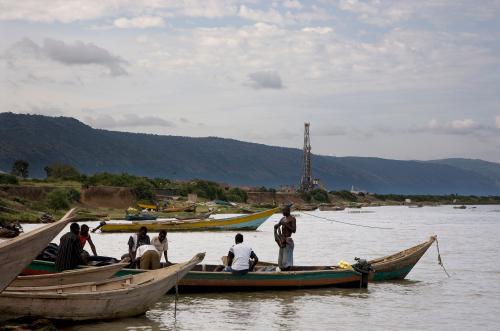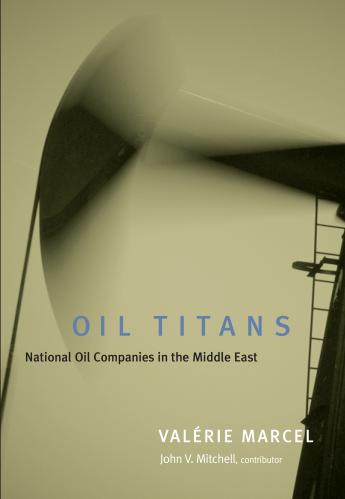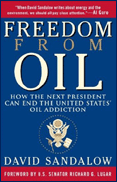INTRODUCTION
Uganda has oil. But oil under the ground is not worth much unless it can be extracted and converted into something more useful. While producing oil for sale entails overcoming geological, engineering, and logistical challenges, this paper focuses on the more important challenge, which is economic. The economic challenge is what to do with the money that will flow to the government from successful production of oil and how to make the most of the opportunity it offers.
To address that challenge in Uganda, we first need to have a clearer idea of how much money we are talking about. That in turn, will hinge on three closely linked decisions: the scale and timing of investment in production, the scale and timing of investment in refining capacity, and the scale and timing of investment in any export infrastructure. Each of those decisions has an impact on the timing and scale of revenue flows and of new or contingent liabilities on the public finances. It also depends on the price of oil, which is notoriously difficult to forecast.
Even if we have a sense of how much oil money will accrue to the government, and when it might arrive, the decisions over what to do with it will need to be taken in the context of the broader challenges of public finance in a developing country. This paper sets out some policy options for the use of oil money in Uganda. The aim of the paper is to de-mystify the opportunities and challenges of oil.
We start by setting out how much oil revenue we are talking about, and by considering what it takes to generate such revenue. We then estimate when we might expect any serious amounts of revenue to be received. We believe the opportunities offered by oil are reasonably good—there is likely to be a substantial increment to public revenue—but that oil is not going to transform Uganda into a petro-state.
We frame decisions on the allocation of oil revenues within a broader fiscal context, considering the ways to think about increments to public investment, the domestic and foreign debt strategy, questions of tax cuts and cash transfers, together with some of the broader issues of intergenerational equity. We also consider the appropriate strategies for using oil revenues to transform the domestic economy. We conclude that the opportunities oil offers will only be realised and the risks avoided if public policy does what it should be doing anyway, but better.
The Brookings Institution is committed to quality, independence, and impact.
We are supported by a diverse array of funders. In line with our values and policies, each Brookings publication represents the sole views of its author(s).

